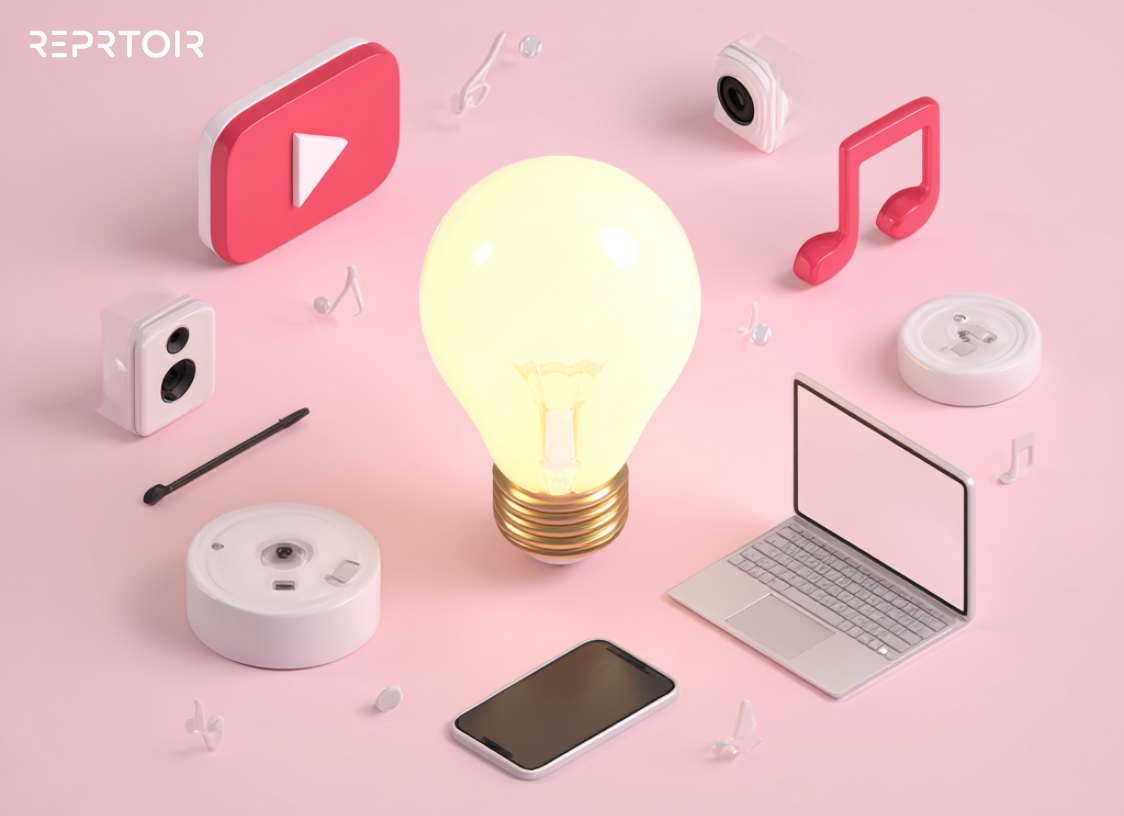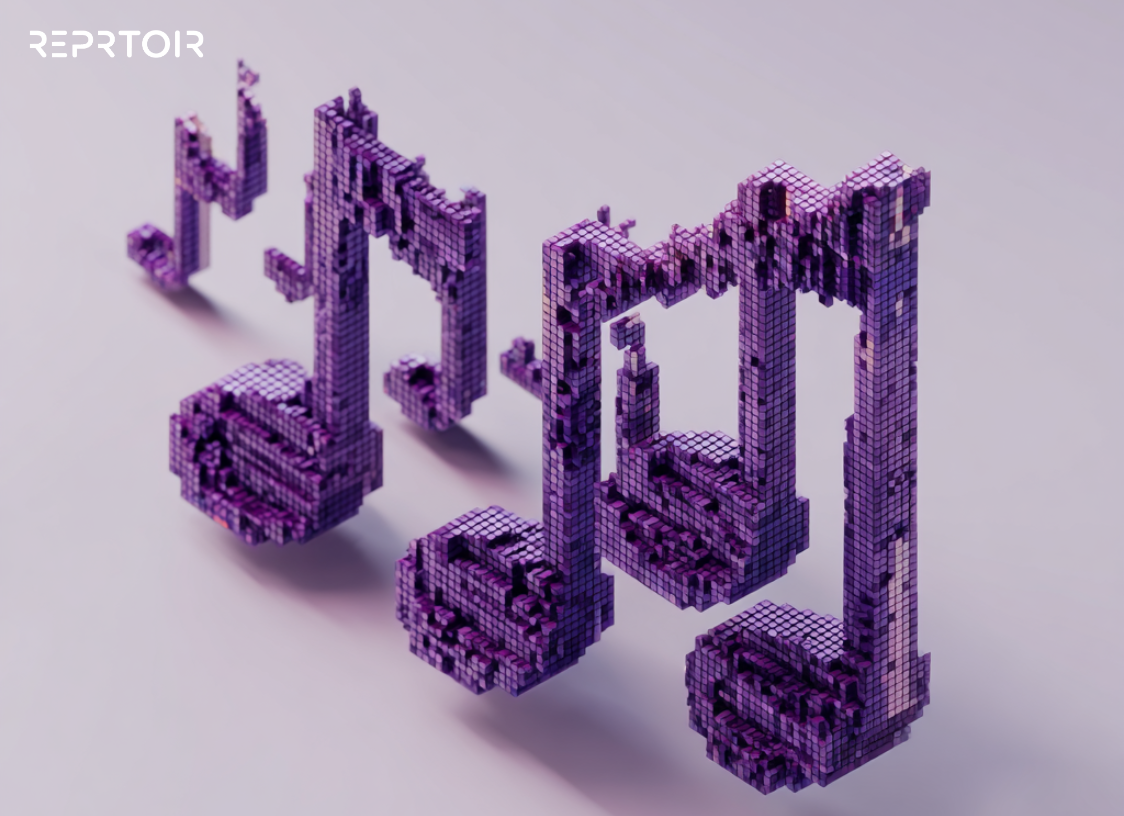The streaming platform model in the music industry has been under scrutiny in recent years. With the rise of new technologies, everything is shifting, pushing these platforms to rethink their operations to secure their future. Let’s take a look at what’s happening this week!
#1. New deal between Universal Music Group and Amazon Music
Universal Music Group (UMG) and Amazon Music have announced the renewal of their global licensing agreement, marking a significant milestone in their collaboration. This strengthened partnership aims to usher in a new era of streaming, dubbed "Streaming 2.0," with a focus on innovation, exclusive content creation, and the adoption of "artist-centric" principles.
Key priorities of "Streaming 2.0" include subscription segmentation, an increase in ARPU (average revenue per user) through price adjustments, and a revamp of artist compensation systems to benefit those with substantial fan bases. Additional efforts will target combating platform fraud, particularly fake streams of AI-generated content.
This renewed agreement reflects a shared commitment to exploring new opportunities that enhance the user experience while solidifying the role of artists within the streaming ecosystem.
#2. Supreme Court to Decide TikTok’s Fate in United States
The U.S. Supreme Court will hear TikTok’s emergency appeal on January 10, challenging a federal law that could ban the app nationwide starting January 19, 2025.
The law, passed under the Protecting Americans from Foreign Adversary Controlled Applications Act, requires TikTok’s Chinese parent company, ByteDance, to sell the platform to an American owner. TikTok argues the law violates the First Amendment, calling it an unprecedented restriction on free speech.
The Court has set a tight schedule to decide before the law takes effect. This high-stakes case, blending legal and political issues, could significantly impact the future of the social media giant in the U.S.
#3. YouTube Partners with CAA to Tackle AI-Generated Content
YouTube has teamed up with Creative Artists Agency (CAA) to develop tools that can detect AI-generated content, including deepfakes. In 2024, artists such as Beyoncé and The Weeknd, along with NBA and NFL athletes, will test these tools and provide feedback to refine the system.
This groundbreaking partnership aims to protect creators' rights while harnessing the potential of AI. YouTube already requires labeling of AI-generated content and removes videos that mimic voices or images without consent.
Both companies are committed to building an ethical AI ecosystem, ensuring artists maintain full control over their likeness.
#4. Spotify Accused of Promoting “Ghost Artists”
Spotify is facing accusations following revelations in Liz Pelly’s book Mood Machine: The Rise of Spotify and the Costs of the Perfect Playlist. The book suggests that the platform prioritized generic music, created by affiliated companies, to reduce costs and increase profit margins. The program, called "Perfect Fit Content" (PFC), allegedly integrated these tracks into curated playlists, sidelining established artists.
Launched in the 2010s, the initiative is said to have allowed Spotify to increase the share of low-cost tracks on its platform. Former employees reveal that pressure grew to include these tracks in popular playlists, and musicians have criticized the low royalties they received, claiming their compositions were released under pseudonyms and generated millions of streams without fair compensation.
While Spotify has denied these accusations in the past, the controversy once again highlights ongoing tensions surrounding compensation practices in the streaming era.
#5. The Rise of Bootleg and Remix Culture
The current music industry, defined by an abundance of content and constant immediacy, is facing a fascinating shift: the rise of bootleg and remix culture. One of the key phenomena is the growth of content creators and DJs, with a particular focus on unofficial remixes of 90s classics. Operating in this "grey market," far from the structures of the traditional industry, these creators are redefining electronic music, building passionate communities while bypassing traditional distribution and monetization channels.
In response to this shift, the music industry is looking for ways to integrate without "absorbing" this underground culture. However, the challenge lies in the fact that once the underground becomes mainstream, it loses its essence. Labels and other industry players could observe and support this scene, while allowing it to flourish independently.










